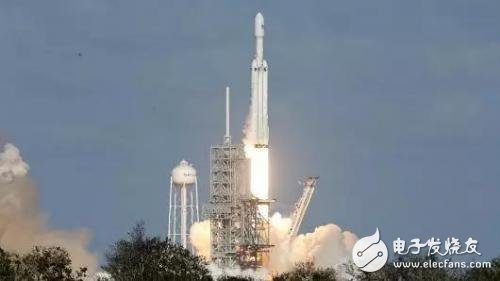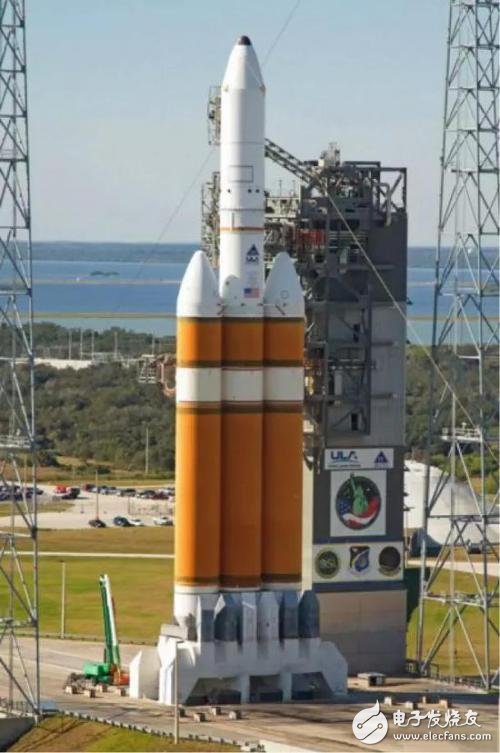The United States has successfully launched the world's most powerful rocket, the "Falcon Heavy." In the eyes of some media, this achievement brings humanity one step closer to realizing the dream of "landing and colonizing Mars," and returning to the Moon is no longer just a distant fantasy. The successful launch marks a major milestone in space exploration, showing that ambitious goals are becoming increasingly attainable.
What truly caught our attention as Chinese people was the fact that this incredible rocket was developed by a private company—SpaceX. Compared to this, China still has a long way to go before we can build a rocket of such massive scale and capability. It's a sobering reminder of the technological gap that exists between nations in the field of space exploration.
The "Falcon Heavy" is currently the most powerful rocket in the world. The world's attention is now focused on NASA’s Kennedy Space Center, where SpaceX, the most prominent private space company in the U.S., launched a super-heavy lift vehicle that surpasses all other rockets globally in terms of power and payload capacity.

A little over a year ago, China successfully launched its most powerful rocket, the "Long March 5." However, its carrying capacity is still less than half of what the "Falcon Heavy" can achieve. This time, the Americans have demonstrated their technological strength in a clear and undeniable way, highlighting the significant gap between China and the U.S. in space development.

Looking at the numbers more directly, the "Long March 5," which was launched in November 2016, can carry 25 tons of cargo into low Earth orbit. Its maximum Mars payload is around 5 tons. In contrast, the "Falcon Heavy" can transport 63.8 tons to low Earth orbit, and its Mars payload is three times greater—16 tons. That's a huge difference.
Moreover, the "Falcon Heavy" easily outperforms the previous U.S. heavy-lift rocket, the "Delta IV," which had a low Earth orbit capacity of 28 tons. This makes the "Falcon Heavy" not just a competitor, but a clear leader in the field.

Of course, many people are wondering—what exactly does a 63.8-ton low Earth orbit capacity mean? It means that the "Falcon Heavy" can carry significantly more cargo, equipment, and even people into space compared to any other rocket currently in operation. This opens up new possibilities for deep-space missions, large-scale satellite deployments, and even future interplanetary travel.
Y11 Milk White Shortwave Antenna,Y11 Milk White Omnidirectional Antenna,Y11 Milk White Transmitting Antenna
Mianyang Ouxun Information Industry Co., Ltd , https://www.ouxunantenna.com